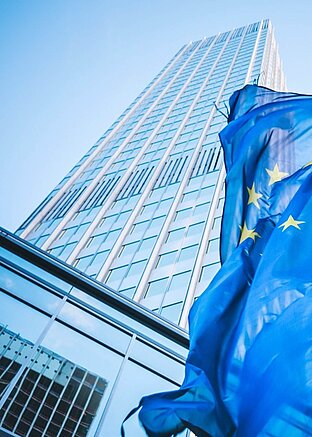Global Ranking: Which Countries Are Equipped Against Illegal Trade?

84 countries closely examined

“Illegal trade flows damage governments, who lose tax income; and companies, who lose business through the trade of counterfeits and bootlegs,” explain both the EIU and the TRACIT in their current report. “In addition, they are a danger to consumers, who are exposed to low-quality and uninspected products, and whose health is put at risk, for example through counterfeit medications or alcohol.” In an extensive report, the TRACIT therefore presents potential measures governments can take to systematically deal with illegal trade. Included in the suggestions are, for example, the reinforcement of prosecutions, the standardisation of sentencing in cases of product and brand piracy, and improving the administration of free trade zones. Along with a strong legal foundation, the establishment of a physical security concept to protect one’s own products as well as targeted anti-piracy communication are of great importance, especially for companies. The experts for security solutions at tesa scribos and the communication experts at Karg and Petersen can assist you with these topics.
The ten best-rated countries in the Illicit Trade Environment Index 2018:
- Finland (85.6)
- United Kingdom (85.1)
- United States of America (82.5)
- New Zealand (82.3)
- Australia (81.0)
- Sweden (80.9)
- Austria (80.5)
- Netherlands (80.0)
- Denmark (79.3)
- Germany (78.9)
The ten worst-rated countries in the Illicit Trade Environment Index 2018:
- Trinidad and Tobago (38.0)
- Ukraine (37.8)
- Belize (34.7)
- Kyrgyzstan (33.5)
- Cambodia (30.6)
- Venezuela (28.1)
- Laos (26.8)
- Myanmar (22.6)
- Iraq (14.4)
- Libya (8.6)
Sources
The Economist Intelligence Unit, World Trademark Review
Article created in cooperation with the Anti-Piracy Analyst, June 2018 edition




